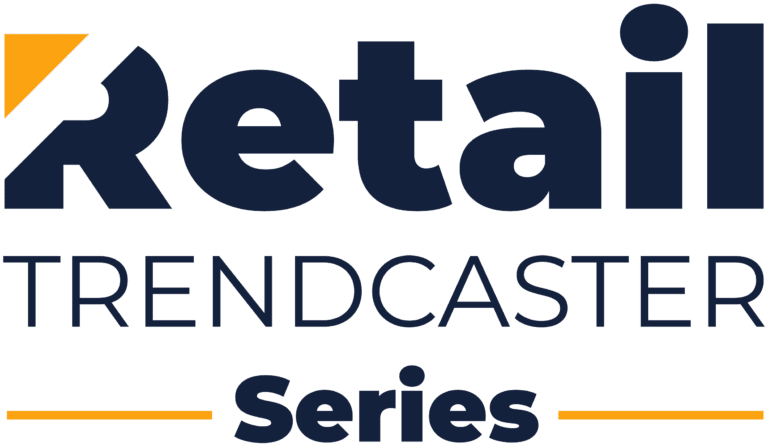The NRF has high hopes for the retail industry as we emerge from the pandemic and shoppers return to in-person experiences. As they do, corporate responsibility is expected to once again take the spotlight, according to panelists on the State of Retail and the Consumer 2021 webinar. Findings from the latest Future Consumer Index, a quarterly survey by EY (formerly Ernst & Young), showed that 77% of shoppers feel that brands must behave ethically and in line with community expectations.
“We’re finding that brands that are purpose-driven and transparent are winning more often and more frequently,” said Karen Benway, Consumer Market Leader, East Region at EY during the event. “In our recent survey, we see that 50% to 60% of consumers are still moderately trusting of independent retailers, online retailers and consumer product brands. Focusing on gathering and gaining the trust of the consumer is difficult, and particularly in the past 15 months it’s even been more challenging.”
However, retailers that are willing to truly take a stand can benefit greatly. “It’s a complicated time but it’s also an exciting time, and there’s a lot of opportunities that brands can leverage,” said speaker Rachel Bonsignore, Senior Consultant on GfK‘s Consumer Life team. She identified two key takeaways for retailers:
- Look inward: Retailers should be clear about who their target audience is and how they want to align ideologically, which means being comfortable with potentially losing some customers as you figure out the role you want to take and focus in on those customers; and
- Think bigger: Retailers need to reject the idea of going back to normal and embrace the fact that this is a new world — once you know your role, seek opportunities that strengthen your brand identity and support those causes.
Price Still Reigns Supreme, but Don’t Discount Corporate Responsibility
Some aspects of consumer demand will remain the same: 31% of shoppers selected price as their number one priority when making a purchase, according to the EY report, followed by personal and family health at 24%. Both numbers are consistent with prior surveys — even as the world changes, shoppers want a good deal on things that are good for them and their loved ones.
While these factors remain the largest drivers, however, shoppers are emerging from the pandemic with an even keener eye on the ways that retailers impact the world, and are expressing an interest in supporting those that share the same causes.
“Ultimately, that doesn’t discount key issues like environmental and societal change and experiences, which are of paramount importance to the consumers today,” said Benway. “Although retailers are still seeing price be king, many consumers are becoming more aware and purpose driven, and they want to understand and know how retailers are communicating and positioning their values.”
This is a perfect place for retailers to embrace looking inward. Sephora performed a study that uncovered racism in retail stores across the industry. President and CEO of Sephora Americas Jean-André Rougeot noted that the company has been making progress on this front, but “it’s a big mountain to climb.
“I am very humble about this but I’m very proud of the way all teams, at all levels have embraced that change,” said Rougeot during the event. “It makes us a better company internally. It also makes us more successful commercially because it’s such a diverse consumer base now in America. If we want to succeed long term, we need to be able to talk to those consumers and our people and our leadership has to reflect that diversity and that wealth of differences.”
Retailers Must Become the Community Stewards Shoppers Expect Them to Be
Shoppers expect retailers to play a bigger role in improving society, which means they need to make continuous commitments to the causes they support rather than occasional piecemeal efforts. Retailers are intrinsically part of the communities they serve, a fact that was made clear during the pandemic.
“We’ve renewed our commitment that we are actually stewards of the communities we operate in,” said Vivek Sankaran, President and CEO of Albertsons. “I think our customers are going to expect us to behave that way, that we actually steward the community’s health when the community needs help, whether it’s hunger relief or, in our case, doing everything we can to allow people to get vaccinated quickly. It’s making sure that the food supplies are available and things like that.”
Sankaran added that retailers have to “add a new set of responsibilities for the communities that we operate in, and our customers and investors are going to expect it.” These expectations are now in line with more established necessities like speeding up service and stocking the right products, and retailers that fail to embrace these aspects of the next normal will be poorly positioned for future success.
NRF expects double-digital industry sales growth in the coming months, so retailers need to have the right strategies in place to make the most of a banner year. Putting the right corporate responsibility measures in place and integrating them into the very core of your business will help retailers succeed in ways beyond what smart pricing alone can achieve.






